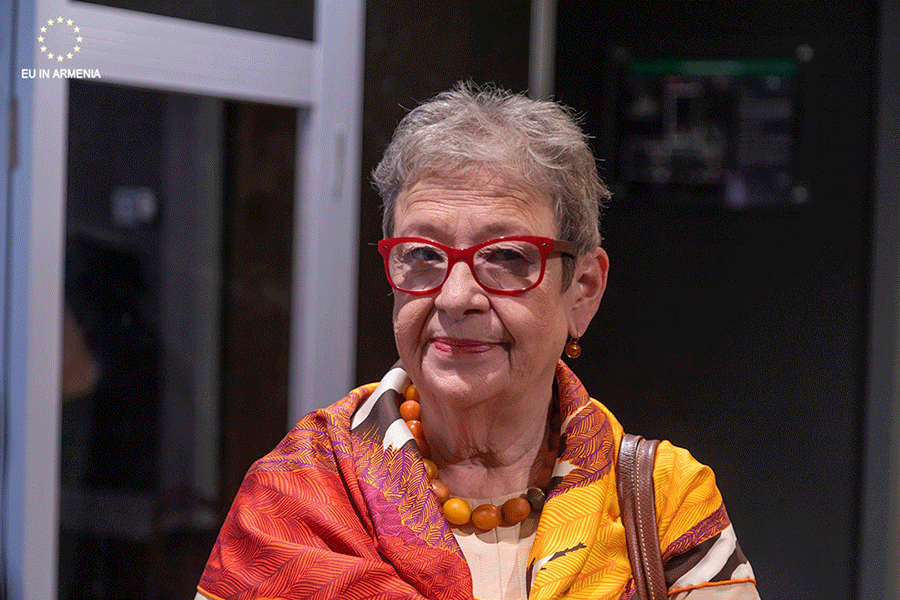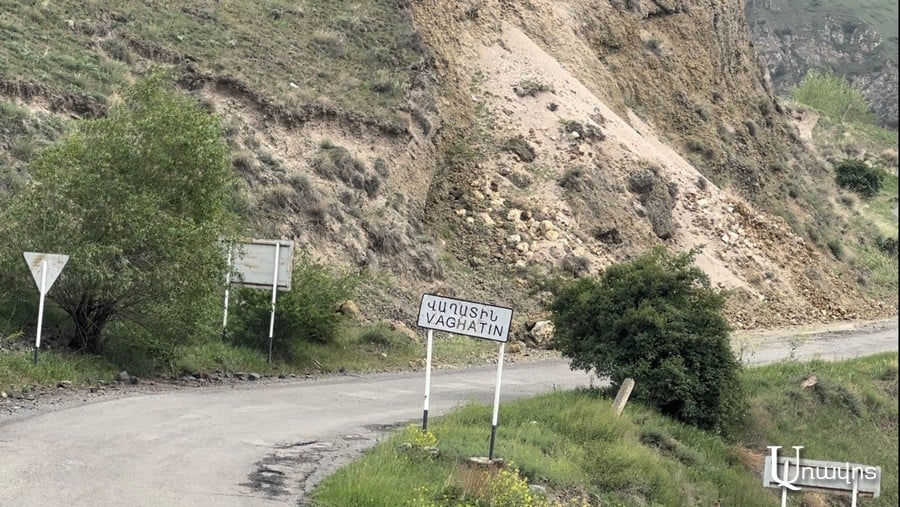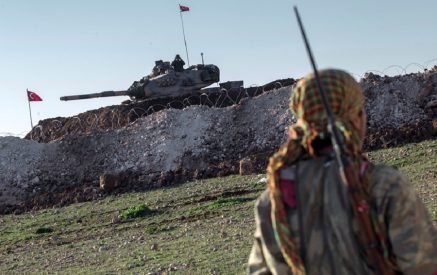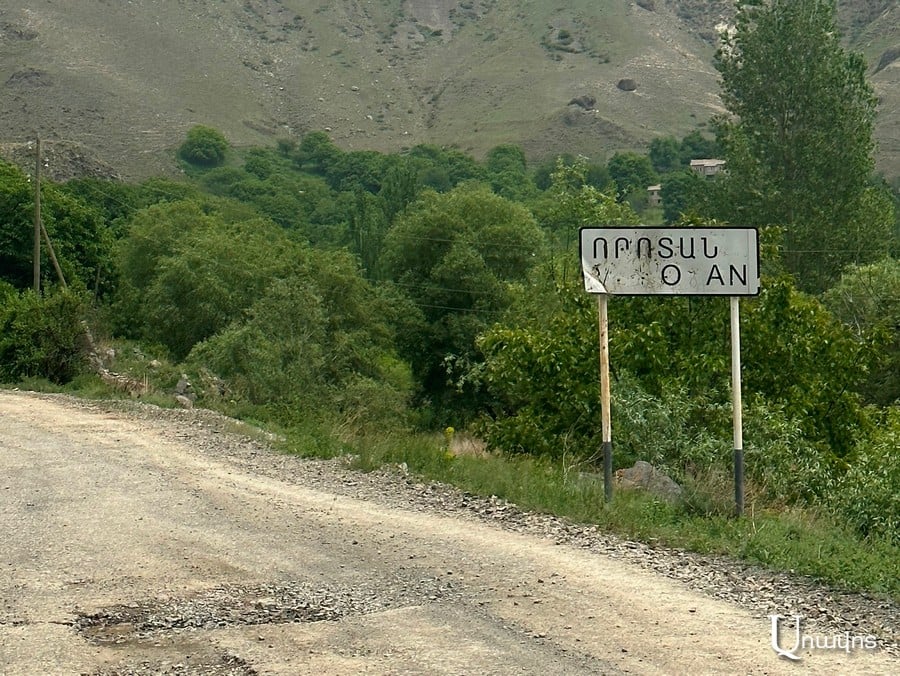For a long time, rumors have been circulating about the European Union observers who visited Armenia showing suspicious behavior in Syunik, Vardenis, and Jermuk. They specially visited the communities inhabited by Azerbaijanis in the past, numbered the former houses of Azerbaijanis, made inquiries, and registered them. We tried to verify the information from the residents of Syunik. Did they come, what did they ask, and why?
Teacher Karine Martirosyan, a resident of Vaghatin village, said that the observers are “spies,” “They collect some opinions, they record something from the borders, they send everything to Azerbaijan.”
Tigran Abrahamyan, the Chairman of the National Assembly’s Defense and Security Committee, told us that the EU observers’ visit is irregular, and it is impossible to control their movements fully and what they saw and photographed. “In any case, there is no reason for anyone to claim that they do not become the property of third countries.”
Read also
In a written request, Aravot.am asked the head of the EU delegation in Armenia, Ambassador Andrea Victorin, for clarification: “There are concerns that this information may be transferred to third countries and used against Armenia. Please clarify: what is the genuine interest of the European Union observers in the villages of Syunik, Gegharkunik, and Vayots Dzor, what data do they collect, why do the observers need the information about the houses of Azerbaijanis and to whom do they transmit it?
Armenian experts analyze that the interest of Great Britain is working under the name of European Union observers because Syunik is rich in molybdenum; it is beneficial to resettle those villages with Azerbaijanis and engage in mining. Please give a detailed answer to dispel these concerns: how valid are these claims? Can molybdenum, oil, and uranium be ranked above people and democratic values?” The EU delegation in Armenia answered our question.
“We have seen such comments, which are entirely baseless. The EU observation mandate in Armenia covers the entire length of Armenia’s internationally recognized border with Azerbaijan and includes human security aspects. The EU Monitoring Mission in Armenia contributes to human security in conflict-affected areas by collecting information through ad hoc patrols and reporting on situations where fundamental human rights and lives are at risk due to the direct or indirect consequences of the conflict. The EU Observer Mission reports to Stefano Tomati, Civil Operations Commander of the EU External Action Service, supported by the European External Action Service headquarters in Brussels and through the office of the EU Member States”.
We suggest you watch Aravot.am’s report about what concerns people in Syunik have regarding EU observers.
Hripsime JEBEJYAN




























































